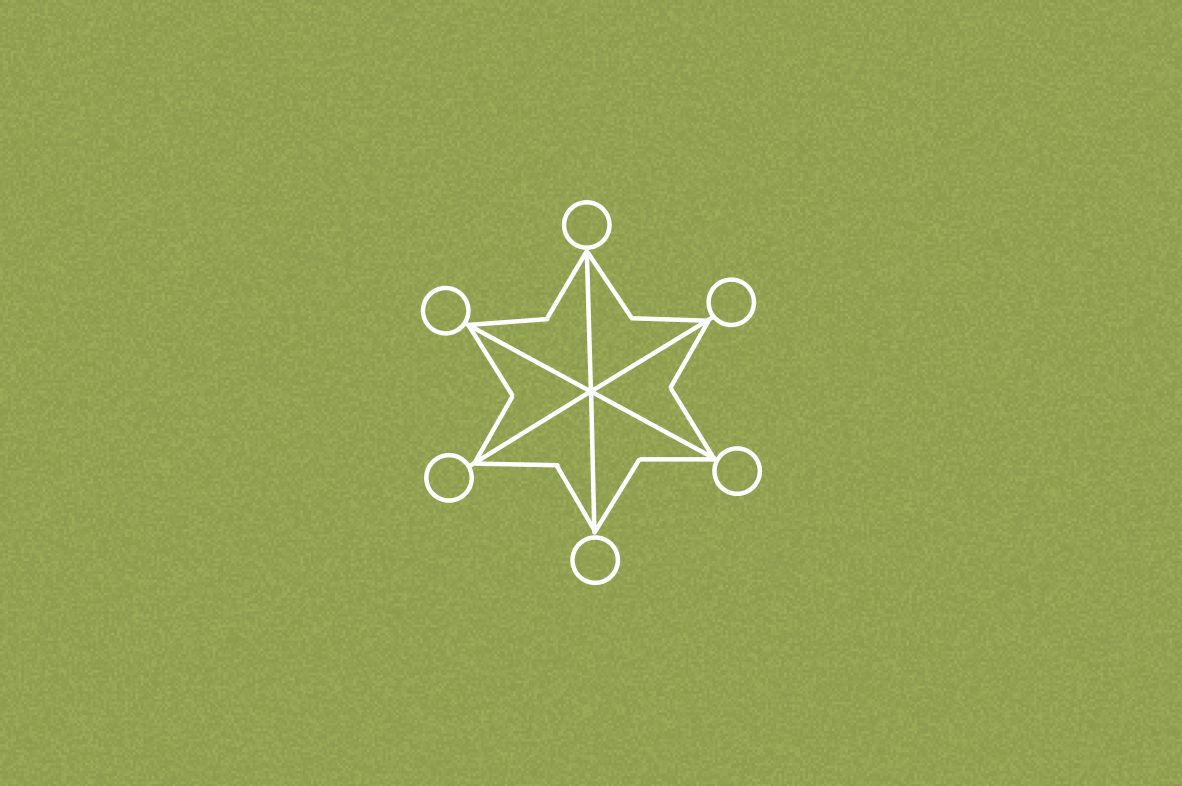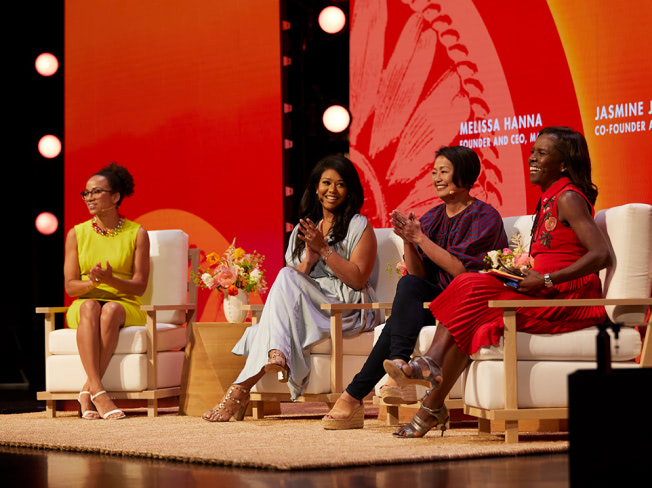Beyond Allyship: Advice For Working Together | Tory Burch Foundation
Beyond Allyship: Advice For Working Together
Strategies for truly supporting your colleagues.
43,145 Views
2 Likes
6 min read
Link copied to clipboard
The speakers at our Embrace Ambition Summit are all dedicated to challenging implicit, explicit and structural bias. Making critical changes means doing more than saying you support someone or a group of people. We’ve compiled this list of videos, articles and guides highlighting tangible ways to combat instances of injustice, whether based on race, sexual orientation or gender identity, ability at work and in other areas of our lives.
GUIDING PRINCIPLES
These videos break down the complex topics and systems that need to be understood in order to become a true supporter of a marginalized group.
Watch: Understanding My Privilege
University of Michigan-Flint Chancellor Dr. Susan E. Borrego’s TEDx talk on coming to terms with her own privilege as a poor white woman, supporting the Black Lives Matter movement and the responsibility each of us has to use what power we have to help others.
Watch: The Difference Between Allies and Co-conspirators
Activist, abolitionist and author Dr. Bettina Love uses an example from current events to explain how people with privilege can use it to help others.
Watch: What is Intersectionality? Why Is It Important?
Educator and activist Blair Imani explains how overlapping identities exist within systems of oppression, with a lesson on the Black women scholars who first developed and employed intersectionality as a lens.
IN THE WORKPLACE
Help for employers and managers creating equitable workplaces, as well as for employees supporting coworkers.
Supporting the Well-Being of Your Underrepresented Employees
The authors present a series of actions employers should take to ensure every part of their population has the resources and information they need to address the special needs of marginalized employee populations.
DEI Initiatives Are Futile Without Accountability
A three-part framework for driving better accountability around DEI by focusing on educating people on the why, not just the how; listening to feedback and iterating on policies; and celebrating your wins while nudging those who need it.
Bystanders to Upstanders: Speaking Out Against Bullying
Understanding why some employees turn a blind eye to negative workplace interactions or dynamics, and how to create a culture where everyone feels protected.
A list of laws that prevent workplace harassment and discrimination.
I Came Out as Nonbinary at Work. Here’s What Made Me Feel Safe.
A nonbinary tech employee shares the processes that eased their social transition in the workplace.
TAKING ACTION
More ways to help, including calling in instead of calling out, learning how to apologize effectively (we all make mistakes!) and understanding what genuine support looks like.
Don’t Call People Out–Call Them In
Scholar and activist Dr. Loretta J. Ross’s TED talk on creating a “call in culture”, where people combat instances of bias with education, listening and empathy instead of public shaming.
How to Vet Charities Before You Give
A quick guide to evaluating organizations before making your donation.
Countering Frequent Racist Talking Points
An educator on how to respond to common statements that undermine justice movements.
I Got Called Out for Causing Racial Harm. What Do I Do Now?
A corporate anti-racism consultant explains the anatomy of an effective apology, what accountability looks like and more.
What is a White Savior and Why Is It Not Good Allyship?
When white people try to help out Black, Indigenous and/or people of color (BIPOC), some have an agenda that can be disingenuous and profit from their struggles. Here’s everything you need to know about what it means to be a white savior and how to avoid it.
How To Make Sure Your Activism Is More Than Just Virtue Signaling
An activist on the function of social media posts, true commitment to social movements and more.
KEEP LEARNING
Facing History and Ourselves uses lessons of history to challenge teachers and their students to stand up to bigotry and hate. This classroom resource is an insightful tool, no matter how long ago you left high school.
Watch: Identity-first Language vs. Person-first Language
Part of Blair Imani’s popular Smarter in Seconds series on Instagram, this short video examines how to speak about someone
Help an entrepreneur by upvoting



